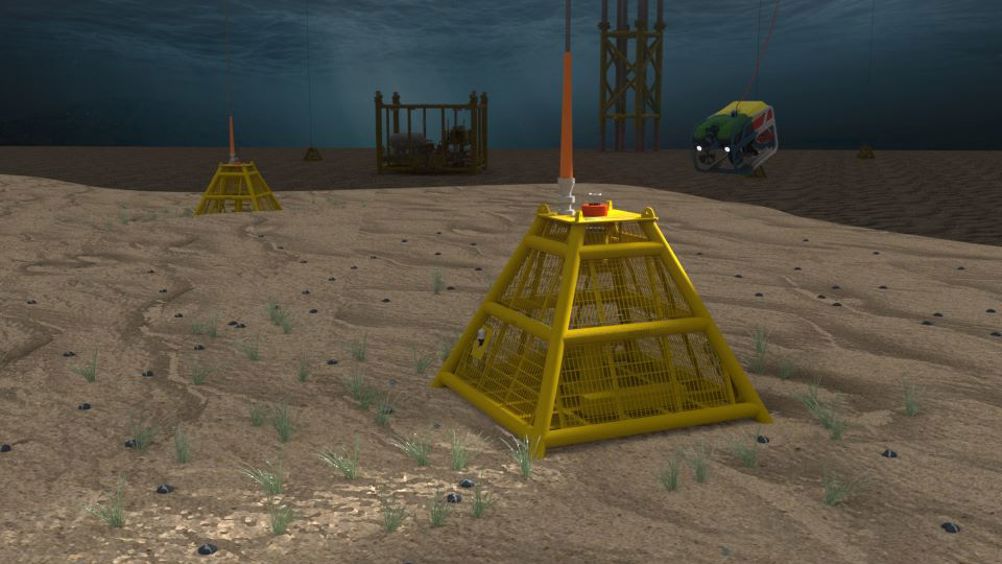Aquaterra Energy unveils integrity solution for CCS sites
A new CO2 management platform designed to provide long-term monitoring and sustained integrity of underwater carbon capture and storage (CCS) sites has been unveiled by Aquaterra Energy.

The integrated solution from the Norwich-based company provides monitoring of sub-surface fibre optic seismic arrays, plus dissolved CO2 gas detection via solar or wave powered remote data transmission nodes between the seabed and surface.
In a statement, Ben Cannell, innovation director at Aquaterra Energy said: “CCS is essential for supporting our global transition to net zero by safely storing harmful emissions that would otherwise be released into the atmosphere or combined with carbon negative technologies that remove atmospheric CO2 thereby reducing the global CO2 debt. We’re committed to playing our part in making this process as secure as possible.”
Deployed in remote locations within the injection site block, permanently installed shallow bore hole fibre optic arrays allow repeat seismic surveys to be completed on demand.
MORE FROM ENERGY & ENVIRONMENT
According to Aquaterra, this process will provide evidence that the storage site is performing as expected against the baseline engineering and seismic data, during and post CO2 injection.
Register now to continue reading
Thanks for visiting The Engineer. You’ve now reached your monthly limit of news stories. Register for free to unlock unlimited access to all of our news coverage, as well as premium content including opinion, in-depth features and special reports.
Benefits of registering
-
In-depth insights and coverage of key emerging trends
-
Unrestricted access to special reports throughout the year
-
Daily technology news delivered straight to your inbox










Water Sector Talent Exodus Could Cripple The Sector
Maybe if things are essential for the running of a country and we want to pay a fair price we should be running these utilities on a not for profit...